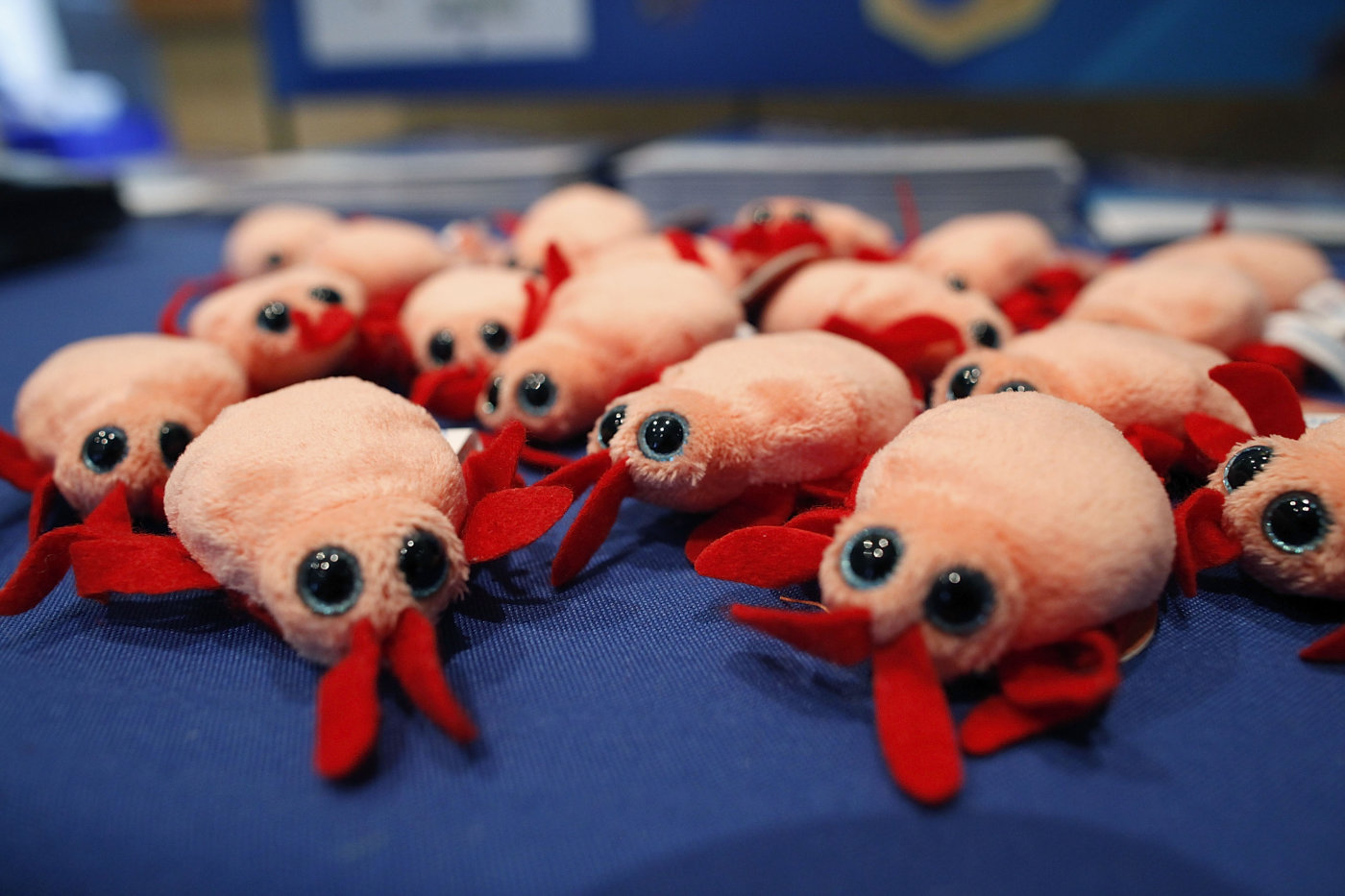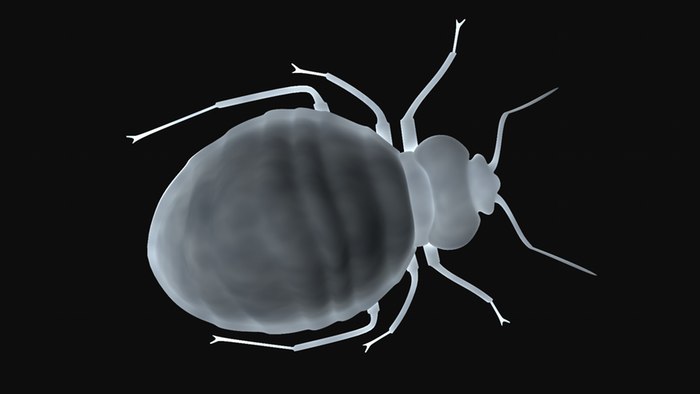Want to kill a bed bug? Get to know its genome, and for the cause

Photo: Brian Kersey / Getty Images
Those who have come across bed bugs know how unpleasant this problem is. And the main thing is to solve it is very difficult, bed bugs are very resistant to poisons, to low / high temperature and other factors. You can withdraw them, but this is not a matter of one day. And when you have already decided that everything is a victory - they come back.
Scientists decided not to go the beaten path, but to find their solution to the problem. And this solution is decoding the genome of the bug , in order to determine the optimal method of combating arthropods. To successfully fight the enemy - you need to know him. The genome of the bug, by the way, has already been decoded , so now it remains only to find vulnerabilities.

Cimex lectularius in person
You might think that deciphering the genome of such an organism as a bed bug is a simple matter. After all, it has already been decoded by the human genome, mammoth and other animals, modern and extinct, have successfully sequenced the gene. What can be complicated with a bug? In fact, scientists had to compare the genomes of bedbugs, starting in 1973 and ending with modern samples. I even had to look for differences in the genomes of bedbugs that have not yet been saturated, and those who have already drank blood.
The results are surprising. Bedbug genomes differ not only depending on the region where the sample was taken, but also depending on the object in which the bugs live. For example, the genomes of bedbugs found on ordinary benches in parks differ from the genetic material of bedbugs found in the subway, on the seats.
It is not necessary to say how common bedbugs are. According to information obtained during a survey in 2011, one in five Americans encountered this problem. Probably in other countries the situation is similar. Only on Antarctica have not yet caught bugs, and so they are on all continents.
According to this study , over time, bedbugs have become 30 thousand times more resistant to poisons, which are traditionally used to combat them.
Preliminary studies have made it possible to talk about a more effective fight against bedbugs. So, scientists are already creating a migration map of bugs, and are looking for an opportunity to prevent such migrations before the bugs begin to cause problems in new habitats. It is also worth using antibiotics that kill bug-friendly bacteria, along with poisons that are commonly used. Some species of bacteria contribute to the growth and reproduction of bugs, so the destruction of these microorganisms can significantly complicate the life of harmful arthropods. It’s not yet necessary to say that a universal remedy has been found, but that bugs will become more vulnerable to our attacks, we can talk about this with confidence.
Only registered users can participate in the survey. Please come in.
Have you been bitten by bed bugs?
- 5.5% Yes, and now they bite ( 42
- 30.3% Yes, a couple of times it was 229
- 38.9% No 294
- 25% And what kind of problem is this? Never heard / heard. 189
